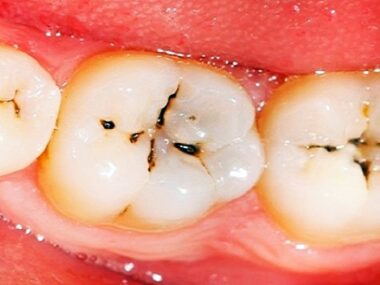Hemorrhoids also known as piles, are a common medical condition characterized by swollen blood vessels in and around the rectum and anus. Hemorrhoids can be internal (inside the rectum) or external (under the skin around the anus).
Causes
The exact cause of piles is not always clear, but several factors can contribute to their development:
- Increased Pressure: The primary factor is an increase in pressure in the lower rectum. This pressure can result from straining during bowel movements, chronic constipation or diarrhea, and pregnancy.
- Aging: As people age, the tissues that support the blood vessels in the rectum and anus may weaken, making them more susceptible to swelling.
- Genetics: A family history of piles can increase the risk of developing them.
- Pregnancy and Childbirth: The increased pressure on the abdomen during pregnancy and the strain of childbirth can lead to the development of piles.
- Chronic Constipation or Diarrhea: Both conditions can irritate the rectum and lead to hemorrhoids.
- Sitting or Standing for Prolonged Periods: Occupations or activities that involve long periods of sitting or standing may increase the risk of piles.
Symptoms

The symptoms of piles can vary depending on their type and severity. Common symptoms include:
- Itching or irritation in the anal area.
- Pain or discomfort, especially during bowel movements.
- Bleeding during or after a bowel movement. Blood may be seen on toilet paper or in the toilet bowl.
- A lump or swelling near the anus (in the case of external hemorrhoids).
- Mucus discharge from the rectum.
Types
There are two main types of hemorrhoids:
- Internal Hemorrhoids: These are located inside the rectum and typically aren’t visible. They are usually painless but can cause bleeding during bowel movements.
- External Hemorrhoids: These are under the skin around the anus and can be felt as lumps. They can cause pain, itching, and bleeding.
Treatment
Treatment for piles can range from self-care measures to medical interventions, depending on the severity and symptoms. Common treatment options include:
- Lifestyle and Dietary Changes:
- Eating a high-fiber diet to prevent constipation.
- Drinking plenty of water to keep stools soft.
- Avoiding straining during bowel movements.
- Regular exercise to improve bowel function.
- Medications:
- Over-the-counter creams and ointments can provide relief from itching and discomfort.
- Pain relievers and stool softeners may be recommended.
- Minimally Invasive Procedures:
- Rubber band ligation: This procedure involves placing a rubber band around an internal hemorrhoid, cutting off its blood supply, and causing it to shrink and fall off.
- Sclerotherapy: A chemical solution is injected into the blood vessels around the hemorrhoid, causing it to shrink.
- Surgery:
- Surgical removal may be necessary for severe or persistent hemorrhoids. This can involve hemorrhoidectomy (removal of the hemorrhoids) or stapled hemorrhoidopexy (a procedure that removes excess tissue and repositions the remaining tissue).
Prevention
To prevent piles or reduce the risk of their recurrence, consider the following strategies:
- Maintain a high-fiber diet with plenty of fruits, vegetables, and whole grains.
- Drink an adequate amount of water daily.
- Avoid straining during bowel movements.
- Establish a regular bathroom routine.
- Stay physically active to promote regular bowel movements.
- Maintain a healthy body weight.
- Avoid prolonged periods of sitting or standing.
Piles are a common and often manageable condition. Most people can find relief from their symptoms by making dietary and lifestyle adjustments.
If you experience persistent or severe symptoms, it’s advisable to consult a healthcare provider for proper evaluation and treatment recommendations.










